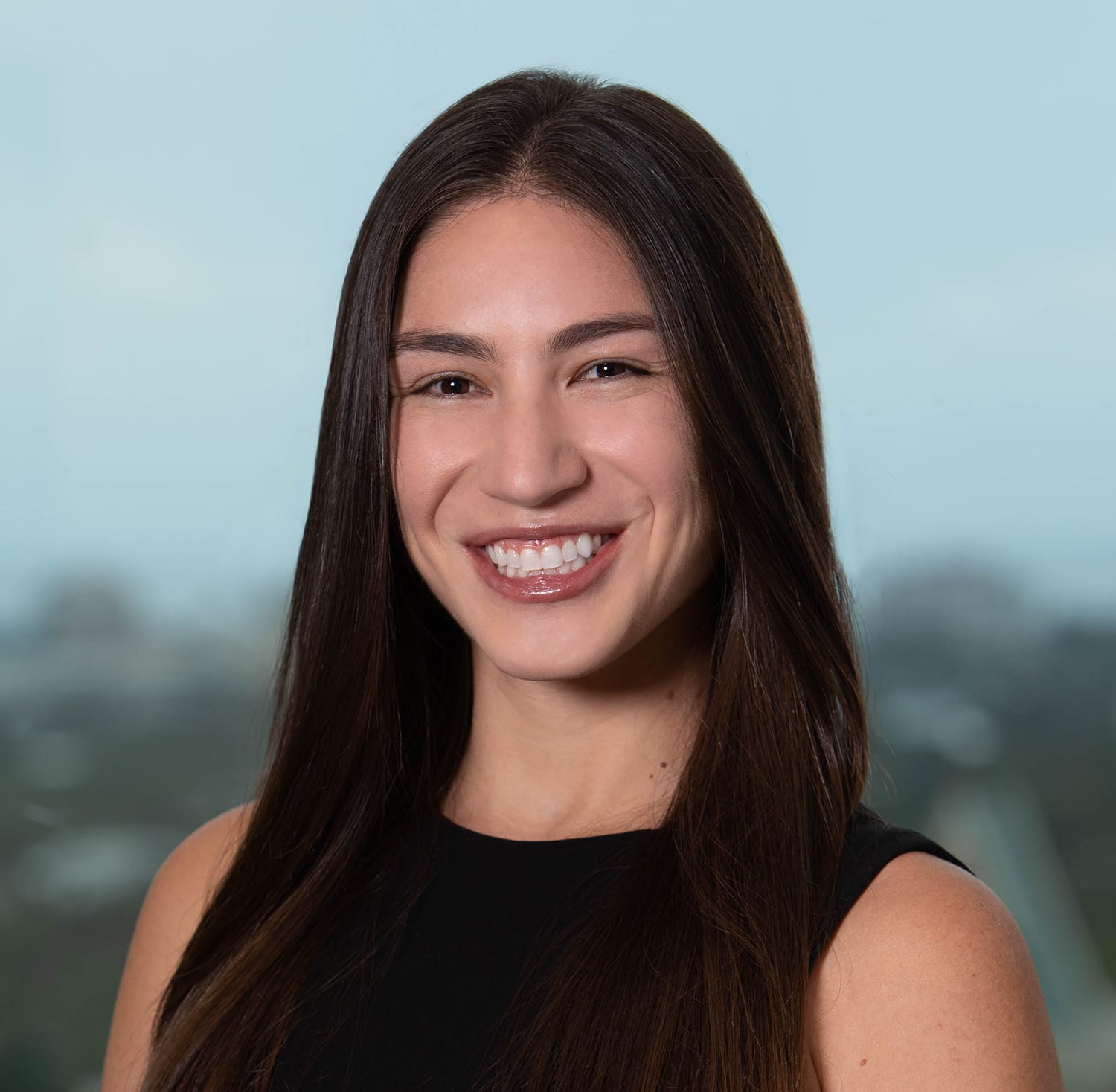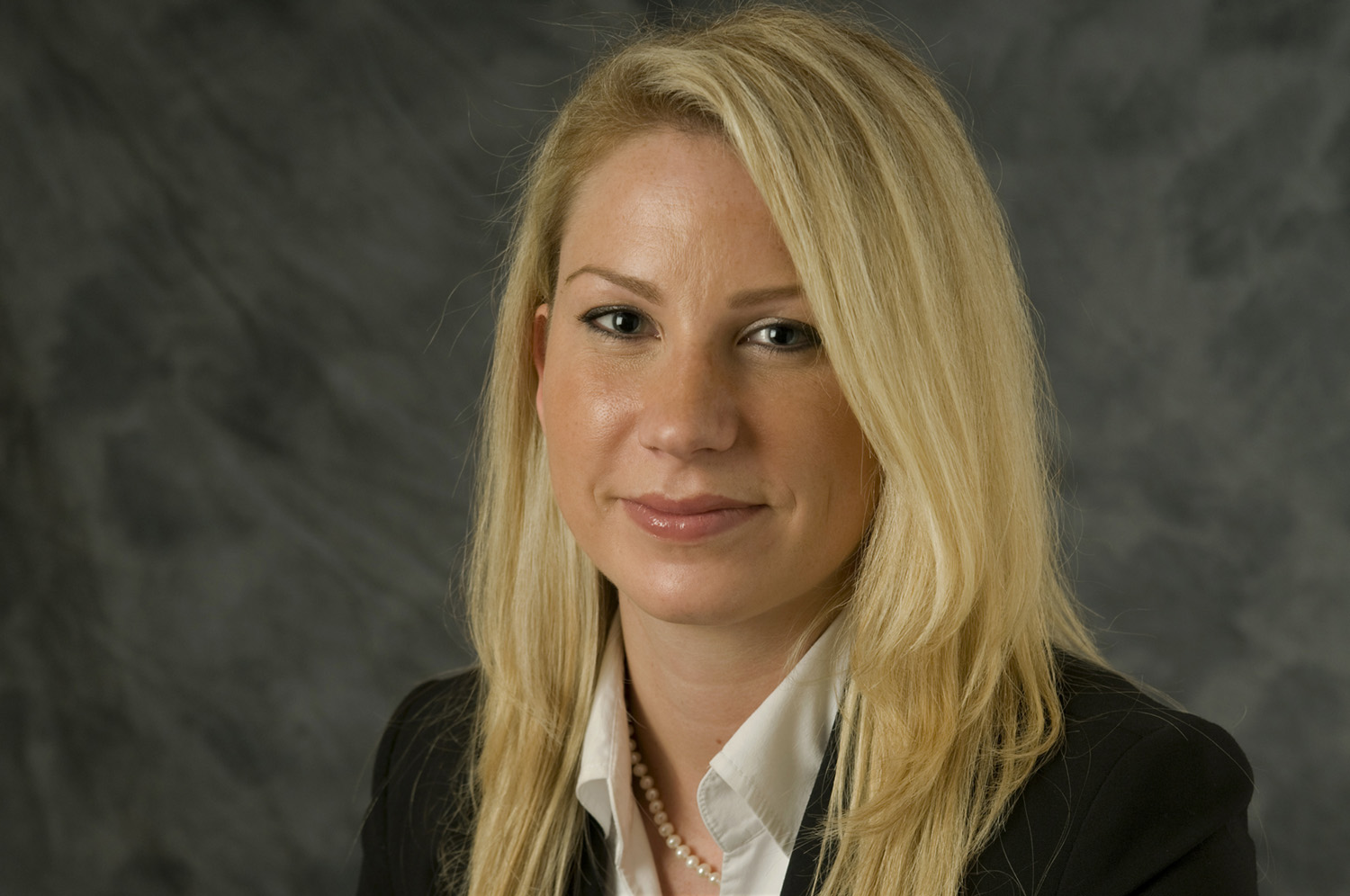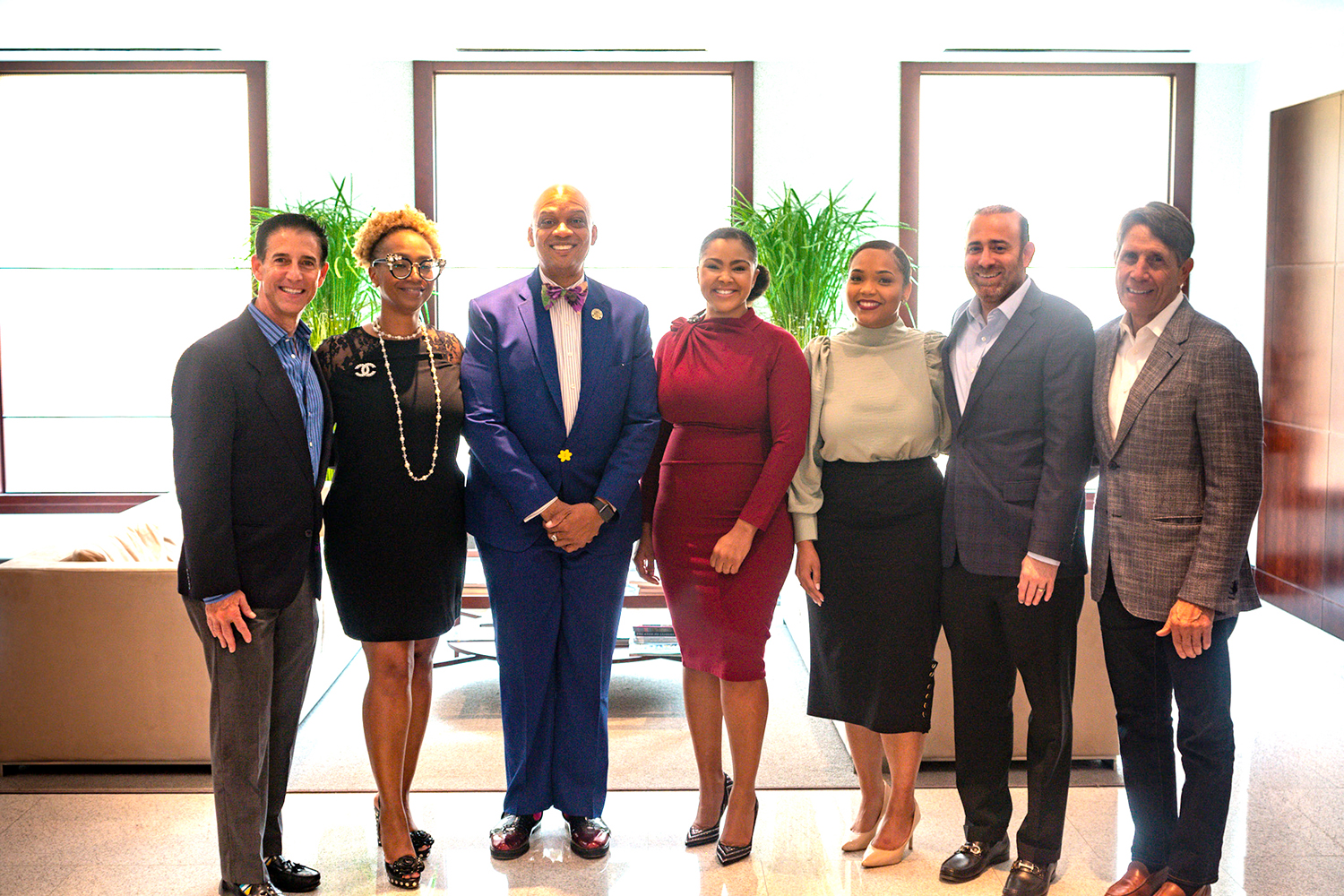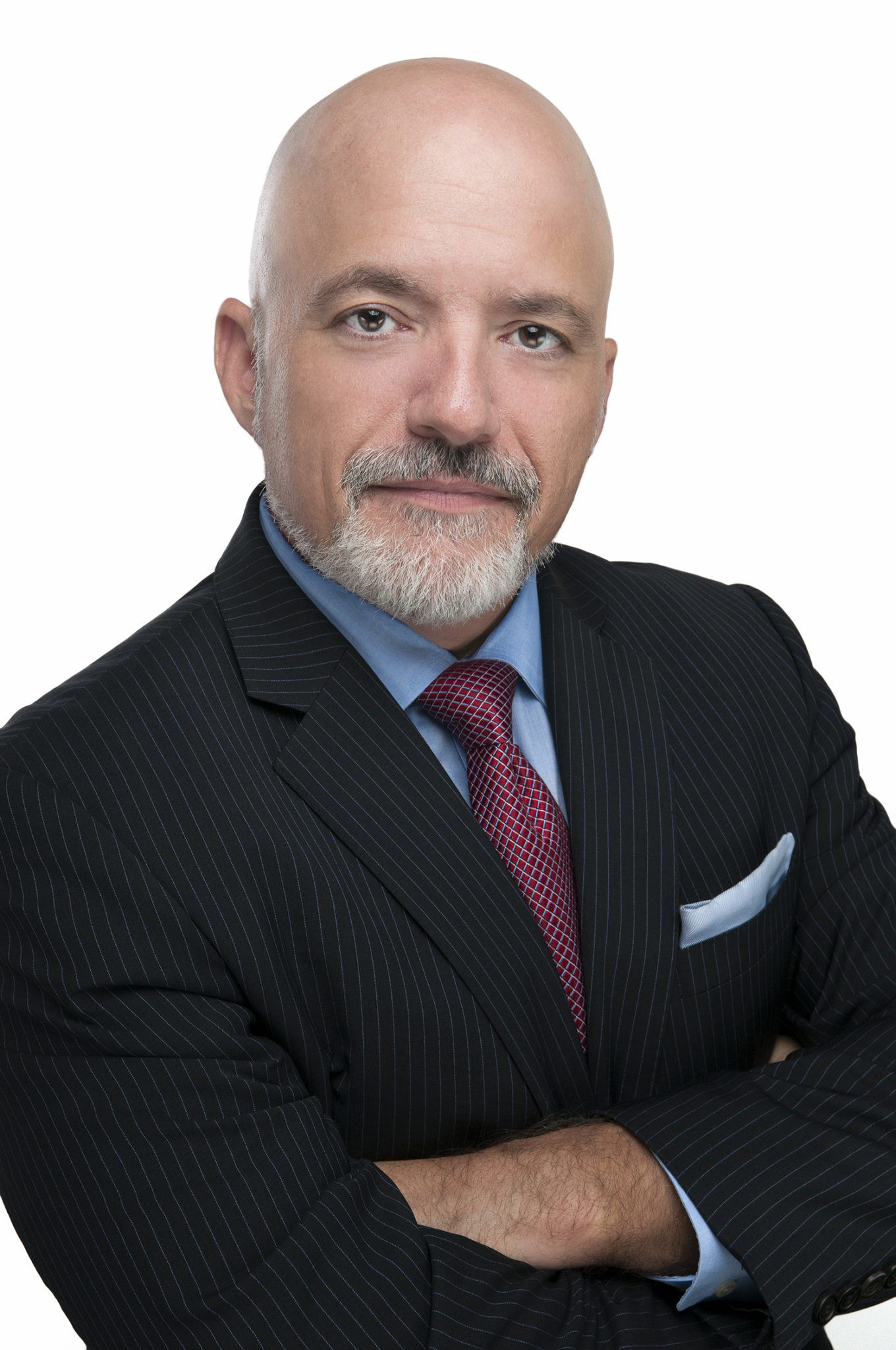By Deedee Bitran
On April 22, the U.S. Supreme Court agreed to hear three cases on whether sexual orientation, transgender status and transitioning status are protected under Title VII of the Civil Rights Act. This comes after years of courts and government agencies taking conflicting positions on this landmark issue. The Supreme Court will likely issue decisions on these hot button cases in 2020 as the presidential race continues.
Title VII makes it unlawful for an employer to discriminate against any individual “because of” the individual’s sex. While it is understood that the phrase “because of sex” includes gender stereotyping, the law remains in flux as to whether discrimination “because of sex” includes discrimination based on sexual orientation, transgender status, and transitioning status.
Numerous courts and federal government agencies have taken opposing stances on this issue. For example, the Department of Justice has filed an amicus brief arguing that discrimination based on sexual orientation is not encompassed as discrimination “because of sex” under Title VII.
The DOJ’s brief directly conflicts with the Equal Employment Opportunity Commission’s stance, as articulated in an amicus brief, which contends that sexual orientation falls squarely within Title VII’s prohibition on the basis of sex. The EEOC argued in its amicus brief “an employer cannot discriminate against an employee based on that employee’s sexual orientation without taking the employee’s sex into account—precisely what Title VII forbids.”
The three cases that the Supreme Court agreed to hear, R.G. and G.R., Zarda and Bostock, will collectively shape the future of LGBTQ rights in the workforce. In R.G. and G.R., the 6th Circuit held that discrimination on the basis of transgender and transitioning status violated Title VII. In Zarda, the 2nd Circuit held that the plaintiff was entitled to bring a Title VII claim for discrimination based on sexual orientation. In contrast, in Bostock, the 11th Circuit held that a plaintiff failed to state a claim for sexual orientation discrimination under Title VII and couched its ruling in prior 11th Circuit precedent.
Such circuit splits have become commonplace in today’s legal landscape. Some federal courts have found that sexual orientation is a protected class under Title VII as a proxy for “sex” or as a form of gender stereotyping. For example, the 7th Circuit held in Hively v. Ivy Tech Community College of Indiana that Title VII’s prohibition on discrimination because of sex includes sexual orientation because “the commonsense reality … [is that it is] actually impossible to discriminate on the basis of sexual orientation without discriminating on the basis of sex.”
Other federal courts have had contrary findings. For instance, the 11th Circuit, in Evans v. Georgia Regional Hospital, adhered to a strict textual analysis of Title VII and concluded that sexual orientation is not protected because it is not one of the specifically enumerated protected classes in Title VII. The 5th Circuit, in O’Daniel v. Industrial Service Solutions, likewise explained “Title VII in plain terms does not cover ‘sexual orientation.’ ”
The Supreme Court’s guidance on these issues is significant. Its decision will provide long-awaited clarity for courts, agencies, employers and employees regarding the parameters of LGBTQ rights in the workforce. Additionally, the Supreme Court’s ruling will likely reshape employment policies and training procedures to ensure compliance and mitigate potential liability.
While awaiting the Supreme Court’s decisions on these monumental issues, employers should remain cognizant of local anti-discrimination laws because Title VII’s enumerated protections are a floor and not a ceiling, as states are free to grant additional protections beyond federal laws. Various local county and municipal jurisdictions have done just that and now explicitly include sexual orientation, gender identity and gender expression as protected categories. ♦
Deedee Bitran is an employment and business litigation lawyer at Shutts & Bowen. Bitran represents employers, business owners and developers in an array of matters, including sexual harassment, discrimination, retaliation, noncompetition, and wage and hour disputes. Her articles have been published in the Harvard Law & Policy Review, the Oxford Business Law Blog, the Florida Bar Business Law Section Blog, the Florida International University Law Review, the National Law Review, the Saint Thomas Law Review, the Women’s Rights Law Reporter, and the Elon Law Review.
Citation: Deedee Bitran, Supreme Court to Hear Landmark LGBTQ Cases, Cornell J.L. & Pub. Pol’y, The Issue Spotter, (Apr. 24, 2019), https://jlpp.org/blogzine/supreme-court-to-hear-landmark-lgbtq-cases/















